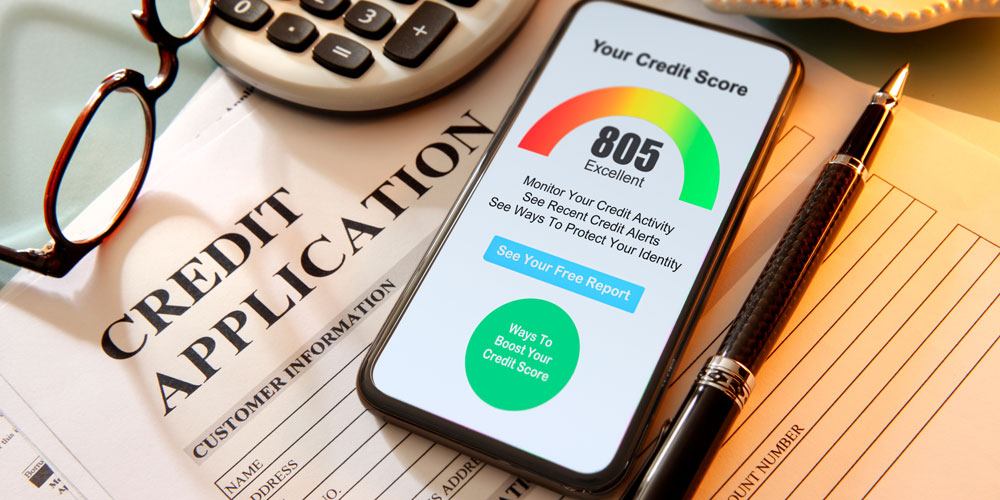If your IRS debt is already affecting your credit score, you need to work with the best Miami credit repair company to improve your rating. Fortunately, a company like The Phenix Group understands the most effective credit repair processes to help you get out of bad credit.
If you choose the right credit repair company, it’ll help you to understand the laws that govern how and when the IRS should disclose your tax return data to third parties like private debt collection agencies. A good credit repair company should be familiar with the Taxpayer Bill of Rights and be able to identify violations by the IRS and debt collectors so that you can successfully file lawsuits against violators.
With the right credit repair company and attorney, you can easily get negative credit information removed from your credit report as soon as possible. They’ll even help you to get a creditor to remove a collection account from your credit score. But even as you hire credit repair professionals to get you out of bad credit, you also need to familiarize yourself with how the IRS works and how its debt might affect your credit score.
How an IRS Debt Might Affect Your Credit Report
Although the TBRs protect your tax data from disclosure to a third party, the IRS can make your tax debt records public by filing a Notice of Federal Tax Lien. Once this notice has been filed, the IRS is free to sell your tax debt or hire a third-party debt collector to pursue it on its behalf. While the law doesn’t allow the IRS or debt collectors to add your tax liens to your credit report, this information may still find its way to lenders, fintech companies, and credit card companies.
This means that your tax debts will still make it hard for you to get loans and credit cards. They might also be discovered by your landlord or employer, thereby creating more financial hurdles for you. Even if your tax liens aren’t discovered by lenders immediately, they’ll remain in the IRS’ records until you clear all your tax arrears.
So, even if the liens don’t affect your credit score right away, you’re not off the hook until you clear your tax debt. This is why you need to find ways to clear the debt or come to an amicable arrangement with the IRS to pay off, cut, or remove the debt. Your credit repair company should help you negotiate with the IRS for a more lenient payment agreement.
Can IRS Payment Plans Affect Your Credit Score?
Before the IRS hands your tax debt to private debt collectors, it’ll most likely try to establish a more open payment plan with you. Setting up this payment plan prevents your tax liens from triggering reports to the consumer credit bureau. Therefore, the details of the payment plan won’t be discovered by lenders or credit card issuers and won’t affect your credit score.
Your credit repair professionals will help you to strike the best deal with the IRS because they understand tax laws and the available payment options. Discovering that you owe the IRS large amounts of tax arrears can be nerve-racking and devastating, especially if you’re not in a position to pay the overdue amount immediately. But with a good credit repair professional like those at The Phenix Group by your side, you can handle the situation more skillfully and get rid of its potential credit impact.

